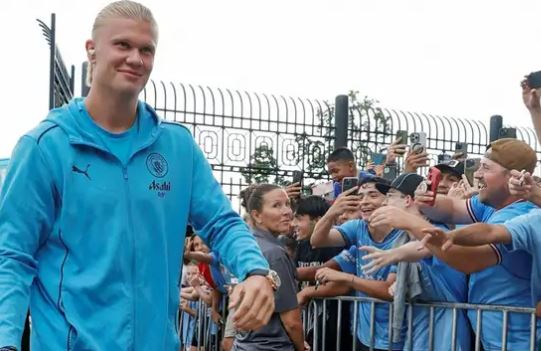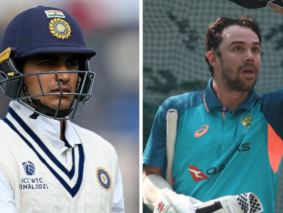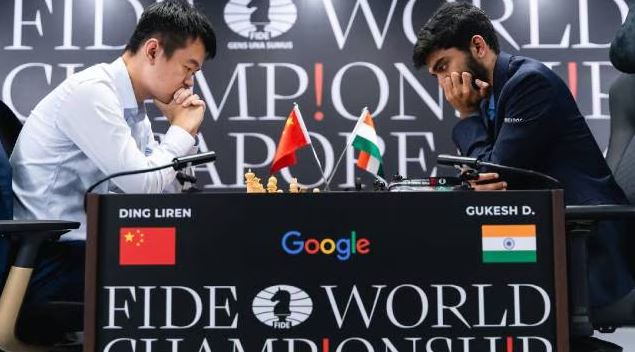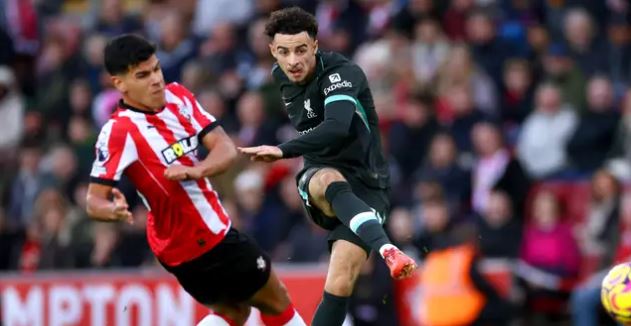
Moving across the pond might give the competition, which is losing ground at home, fresh vitality.
If anyone is still unsure about the appeal of English soccer in the US, all they have to do is consider what transpired earlier this month when Manchester United and Liverpool played in Columbia. For the friendly between the biggest rivals in English football, thousands of people descended upon the sleepy college town, which is about the size of Oxford with less than 140,000 residents. The traffic was so bad that many were unable to reach the Williams-Brice Stadium in time for kickoff.
By the beginning of the second half, the 77,000-seat stadium was nearly full, which meant that more people attended the game than when they had previously faced each other in the Premier League at Old Trafford in April. The face value of the tickets was approximately $100 (£78), and the starting price on the resale website Vivid Seats was $152 (£120). That is more than twice as much as a Premier League ticket at Anfield or Old Trafford. Even though both teams were without the majority of their international players, the game sold out immediately.
The demand was met at the majority of the summer’s games in the United States, where ten Premier League teams—including Arsenal, Manchester City, Chelsea, and Aston Villa—as well as League One outfit Wrexham chose to embark on preseason tours.
When Arsenal defeated United, 70,000 fans flocked to a sold-out SoFi Stadium in Los Angeles, while 69,000 spectators attended the Gunners’ match against Liverpool at Lincoln Financial Field in Philadelphia.
The resounding success of the several tours has provided compelling evidence in support of one of the most contentious claims in football right now: the possibility of playing Premier League games overseas. The debate has been simmering for almost 16 years, since the concept of holding a 39th

Due to public opposition and concerns over sports integrity—domestic leagues are predicated on the idea of playing each team at home and away—the idea was swiftly defeated back in 2008. Even with the sport becoming increasingly popular on the other side of the Atlantic, that obstacle still exists.
But what if there was a third option, one that would allow trophy-chasing American fans to attend a competitive game without undermining league tradition or upsetting hometown fans by denying them a home game? It’s easy to solve the problem: bring the Community Shield to America.
In order to get ready for the Community Shield at Wembley, United and City concluded their tours of the United States before many of their Premier League rivals. Still, there’s a growing argument in favor of playing the game in the US.
The time is right to export the Community Shield. Played between the FA Cup holders and the league champions since 1908, it is a competition rich in history. With the top clubs participating virtually every year thanks to that format, a sell-out crowd and a spectacular game are guaranteed.
The tournament would have a much-needed breather from playing overseas, as it has been on the verge of becoming stale in recent years. The game on Saturday is still not sold out. Wembley will be packed, but it will still be highly attended and that should not be a complete surprise as it is the third meeting between United and City at the stadium in the last 15 months.
Going to Wembley is not as special as it once was for both sets of fans, but especially for City, who have played under the arch 18 times under Pep Guardiola’s leadership. Apathy can arise from familiarity. The Community Shield has had trouble drawing sizable crowds in the past.
By bringing the Community Shield to the United States, the Football Association could increase interest in the competition and, unlike with Spain and Italy, there would be no political difficulty. Because the clubs most likely to compete in the Community Shield typically spend their summers in America, there would also be less of a strain on the players than if the competition were held in the Middle East in the middle of the season.
The powerbrokers in the game are very much in favor of competitive matches, or at least Premier League matches, taking place in the United States. A senior executive at NBC Sports, which owns the North American rights to the Premier League, Jon Miller has proudly acknowledged that he has been advocating for matches to





